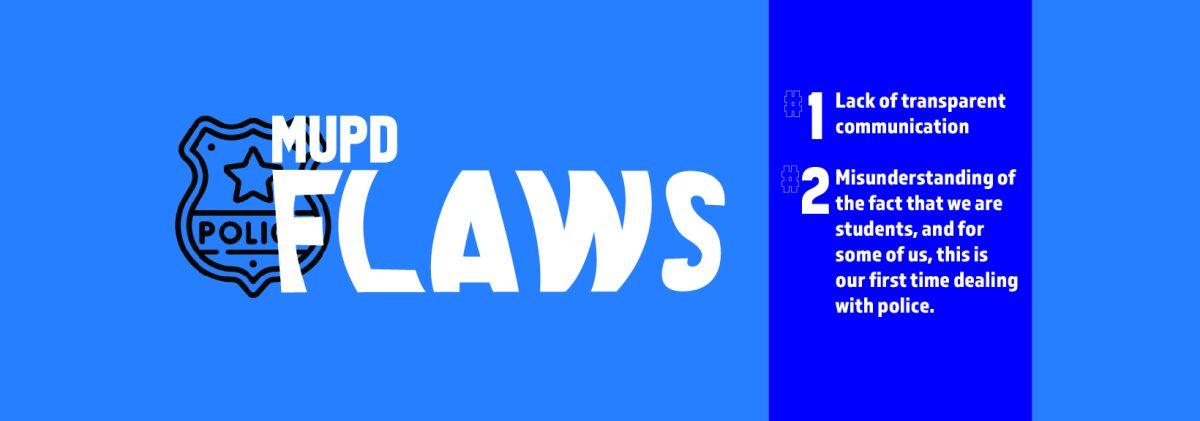Seats in Jesse Auditorium were packed on Saturday for a lecture from famed science educator Bill Nye, as he gave an inspiring talk about the importance of getting young people involved in science so they can grow up and become the innovators who address the grand challenges faced by human society.
I have heard a number of people grumbling about some of the content of Mr. Nye’s speech, in particular his assertion that creationism and the distrust of science that comes along with it is bad for education. These people claim their strongly-held personal beliefs are being attacked and feel Nye was insinuating they stood no chance of being good scientists.
On the contrary, he made a point in his talk that billions of believers all over the world find great fulfillment in their faith AND accept the scientific consensus that the Earth is more than 6,000 years old. Therefore, being religious and scientifically literate are not mutually exclusive. However, I do feel that providing children with a specific view of the universe that is not in line with hundreds of years of scientific evidence is extremely harmful to the future of our country as a world leader in science and technology.
When a teacher or authority figure tells a young student that the Earth was created in seven days 6,000 years ago (because of a literal reading of a heavily translated book 2,000 years out of context), while a botanist says that a tree in Sweden is 9,550 years old (based on methods that have been proven to accurately model the world around us), this creates an obvious disconnect. What this student learns from such an exchange is not how to reason or use empirical evidence; they learn to take what is told to them, accept it as fact and move on.
The entire purpose of science is to advance our understanding of the universe and devise and test new ideas. If an antiquated notion doesn’t fit with a new discovery, it is replaced with a superior model. When students are taught things that fly in the face scientific consensus, it undermines the scientific method and devalues the work of those who have devoted their entire lives to improving humanity’s understanding of the natural world. To eschew the scientific method is to do away with the process that has, in one way or another, allowed for the development of all the modern technological advances we take for granted. The minds of America’s children could produce any number of important innovations in the future. Why do we allow them to be squandered by the irrational denial of science?
— _Wilson McNeary,
[email protected]_











